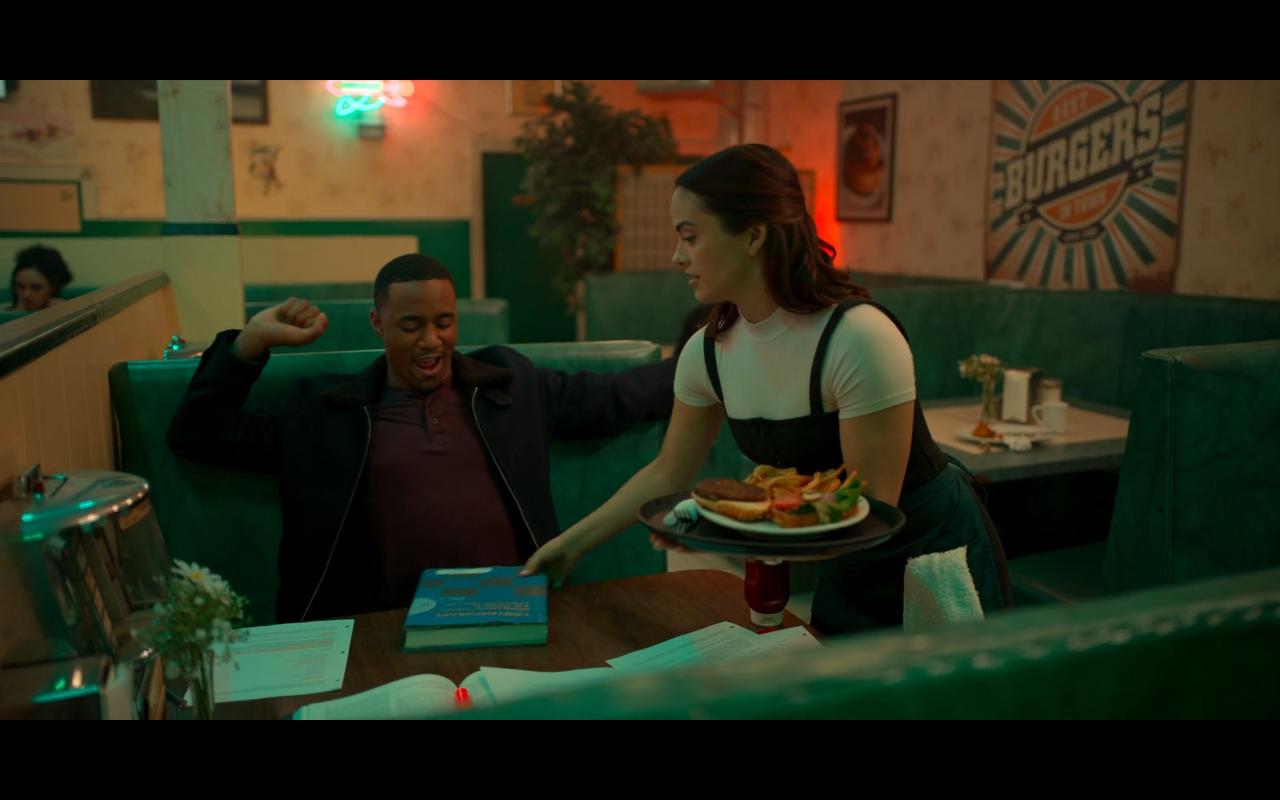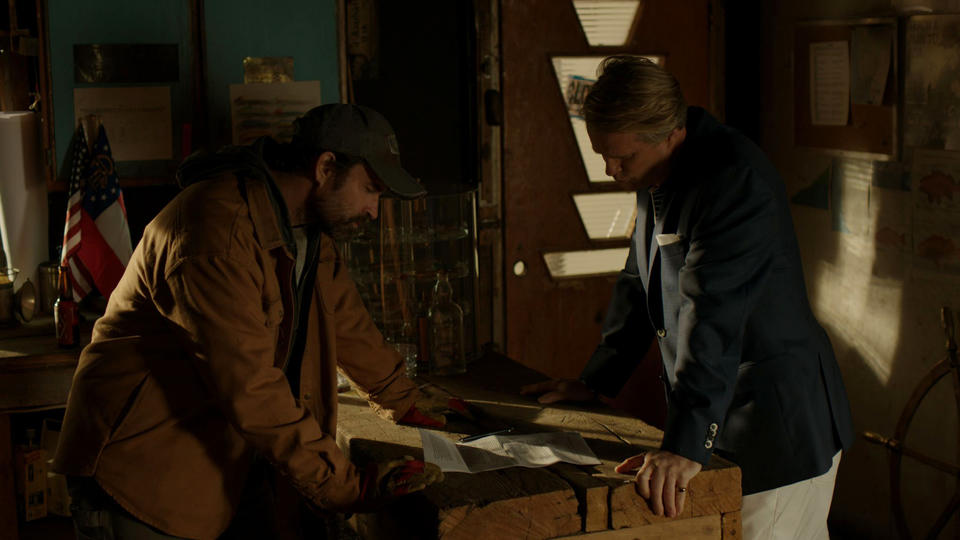Here’s a question: If you were walking down the street and saw a $5 bill nestled within a pile of dog crap, would you lean over to collect it? This is the kind of conundrum raised by White Noise, a film with three brilliant moments buried within a pile of crap.
Jack Gladney (Adam Driver) is a professor of Hitlerology at the local college; his wife, Babette Gladney (Greta Gerwig), may or may not have a drug problem. They are each on marriage #4 and have a small arrangement of children to show for their collective past. As nothing about this family is terribly special, writer/director Noah Baumbach gave each child a quirk or two which he figured might hold us until the plot happens. It doesn’t work.
Another tack Baumbach attempts to keep us going is philosophical gobbledygook. The parade of personal nonsense espoused in this film is led by Grand Marshall WTF with the quite seriously intoned, “ all plots lead to death.” Um, no. They don’t. Sure, all lives lead to death. That’s a fact of nature, and not a terribly interesting one if you’re older than three. But “all plots lead to death?” No sir. That is not true. And what exactly are you trying to say here? It doesn’t really matter; this film has a great deal to say, but most of it is of the monkeys-at-keyboards nature.
While the rest of the film was caught somewhere between boredom and babble, the plot happened – or at least what I thought the plot was happened in the form of a math joke: if a semi hauling toxic chemicals going 60 MPH collides with a train carrying flammable gas at 80 MPH, how soon until the nearby town has to be evacuated?
In a different film, the toxic cloud would dominate the remainder of the action. White Noise, however, isn’t an action film, so it was more concerned with how the “hero” felt about being poisoned by a toxic cloud. White Noise gives a scare and then abandons this plot entirely so that Adam Driver and Greta Gerwig can act at us for the rest of the film. Super.
The mush-mouthed collection of bad philosophy and failed plotting would likely have earned a spot among the Dishonorable Mention list of 2022 were it not for three separate spectacular moments:
moments:
1) In a tag team lecture, Adam Driver and fellow prof Don Cheadle take turns seamlessly comparing the lives and influences of Adolf Hitler and Elvis Presley. Yes, it’s stage-y, but it is also brilliant.
2) During the scenes of mass exodus from the toxicity, the landscape zoom out reveals that the noxious cloud has caught and surpassed the fleeing citizens; it will arrive ahead of their destinations. This is a fantastic piece of cinematography in well-shot film.
3) When escaping their night camp, the Griswolds, er Gladneys, take the family station wagon into a roadless and heavily wooded area, eventually ending up floating, car, family and all, in shallow river. Metaphorically, this is not only a lone island in and ocean, or an oasis in the desert, but this is –unfortunately- exactly how the film feels: a brief moment of delight surrounded by a river of stupidity.
Were it not for these three moments, I would find White Noise unwatchable, suited precisely and only for the philosophy majors it intended to impress. I cannot tell you whether or not they will be, but I found the screenplay titularly apt: White Noise.
There once was a prof of holocaust
Your patience he would often exhaust
When true evil showed
He took his show on the road
Only to prove he was -in many ways- lost
Rated R, 136 Minutes
Director: Noah Baumbach
Writer: Noah Baumbach
Genre: Questionable philosophy
Type of being most likely to enjoy this film: People who speak “Babble”
Type of being least likely to enjoy this film: The rest of us



